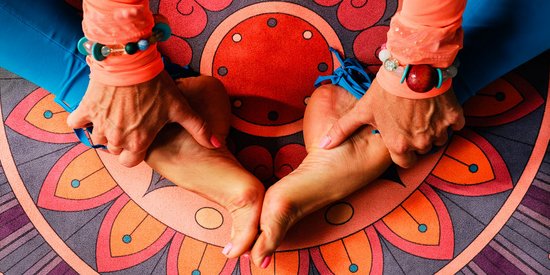Even though the relationship between stress and illness is complex, stress can nevertheless lead to illness and everyone agrees on that point.
So then, what is stress?
Everyone has felt stressed at least once in their life, but does this affect our overall health? And many doctors agree that we all suffer from stress quite often.
According to the National Center for Biotechnology Information (NCBI) stress is defined as a process in which environmental demands put a strain on an organism's ability to adapt, resulting in both psychological demands and biological changes that could put a strain on an organism's ability to adapt, which could put their health in danger.
However, there are different types of stress that carry more or less serious risks for physical and mental health.
Indeed in the long term, sttress can lead to diseases such as: heart disease, high blood pressure, diabetes and many others, including mental disorders such as depression or anxiety. And without going into extravagant theories, which have been the subject of a considerable number of scientific publications in recent years, the subject of stress and cancer remain…. Statistical reality, and no evidence exists between the two, yet this has opened up further debates regarding psychosomatics ... But I'll grant you, that's another topic.
The great paradox, however, is that sometimes it can be a good thing. Yes, really, there is a useful form of stress that motivates us, we call it "eustress" and yes amazing isn't it? Contrary to popular belief, stress is not always negative. So let's take a closer look at some examples of stress and eustress factors:
Good or bad stress: what's the difference?
Stress affects all types of profiles: young, old, men or women, let's take a closer look at some factors in everyday life.
Stress factors:
Stress can be brought on by job loss, divorce, illness and other daily responsibilities. For younger subjects, we find the stress of school, a change of class, the stress of parental divorce, of moving home, and the stress of puberty and adolescence.
Now let's talk about traumatic and anxiety-provoking stress such as a road accident, assault, also natural disasters. It does not go without saying that the global COVID 19 pandemic has led to the merry-go-round of emotions and stress, by causing individuals to face traumatic events.
Eustress factors:
For the youngest, passing exams, receiving a diploma or the first date. For adult subjects, the factors are obviously different, we could cite obtaining a job, the first child, marriage, the management and organization of a trip, the acquisition of real estate, etc...
If we assume that we will all go through stressors, no matter what and for one reason or another, is there a solution to allay these transient tensions?
Nearly 4 out of 10 French people who are stressed out are tempted by sophrology and others are interested and practice yoga and meditation.
Everyone has their own path, everyone has their own practice, so NO STRESS, when we know that there will always be STRESS. Good or bad, the solutions are there. Unfortunately, many people suffer from it and do nothing to combat this discomfort, which is a great shame!
Despite all these great theories, the French speak for themselves since 83% believe that stress can have consequences on long-term health.
"OpinionWay" gives us startling figures, and yet despte those, stress isn’t a disease?
A figure that unfortunately risks increasing over the years ... Reassuring, isn't it?
Well, we put on our yoga pants, do a “peace mantra” or get into “No Stress Attitude” mode!









